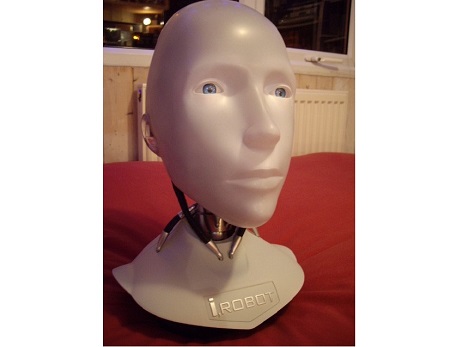|
|
Evolution predicts humans will eventually go the way of the Dodo. |
I came across an interesting headline in my newsreader the other day:
“The beginning of the end: Google’s AI has beaten a top human player at the complex game of Go”[1]
Here is their one sentence summary of what happened:
“Earlier today, AlphaGo, an artificially intelligent algorithm developed by Google’s DeepMind subsidiary, categorically beat Lee Sedol, one of the best players of the Chinese board game Go”
I remember a similar epic match up back in the day (twenty years ago to be precise) in Philadelphia between IBM’s supercomputer “Deep Blue” and the then reigning world champion chess master Gary Kasparov (mentioned in the article above in passing). In the first match up, Deep Blue won only 1 of the 6 game series. Not satisfied, IBM wanted to win an entire match, so the engineers went off and made improvements for a rematch.
The rematch came the following year in New York City. As the above article notes, Deep Blue used a “brute force” approach to playing chess, evaluating the strength of various possible chess plays. Brute force is a bit of an under statement: “Deep Blue could calculate over 200 million chess positions per second”[2] according to Smithsonian historian David Allison. Kasparov and Deep Blue split the first two games – winning one each, and tied the next three. Kasparov lost the final game to Deep Blue, giving Deep Blue the match. Kasparov, perhaps like many, couldn’t believe he could lose to a machine and IBM’s refusal to requests for computer logs and a rematch seemed to highlight previous charges he had made earlier in the match accusing the IBM team of cheating – having a human (grand master) help guide the machine.
The difference between Deep Blue’s win and AlphaGo’s win is that: Continue Reading

